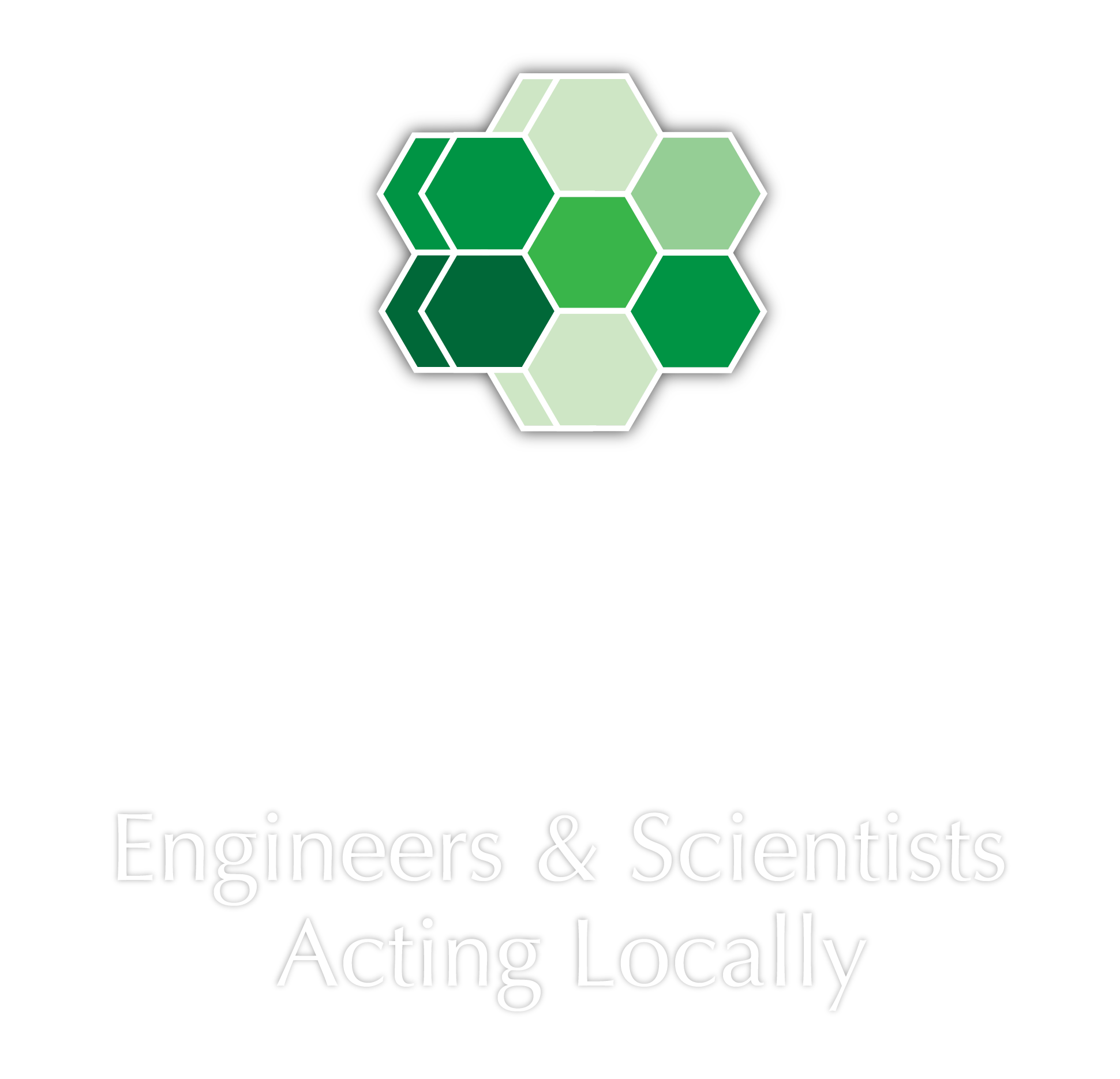Tech Exchange addresses digital equity by providing computers and digital support serves to underserved residents of California's Bay Area. Executive Director Seth Hubbert spoke to ESAL about the nonprofit and his journey in enabling technology for social change.


